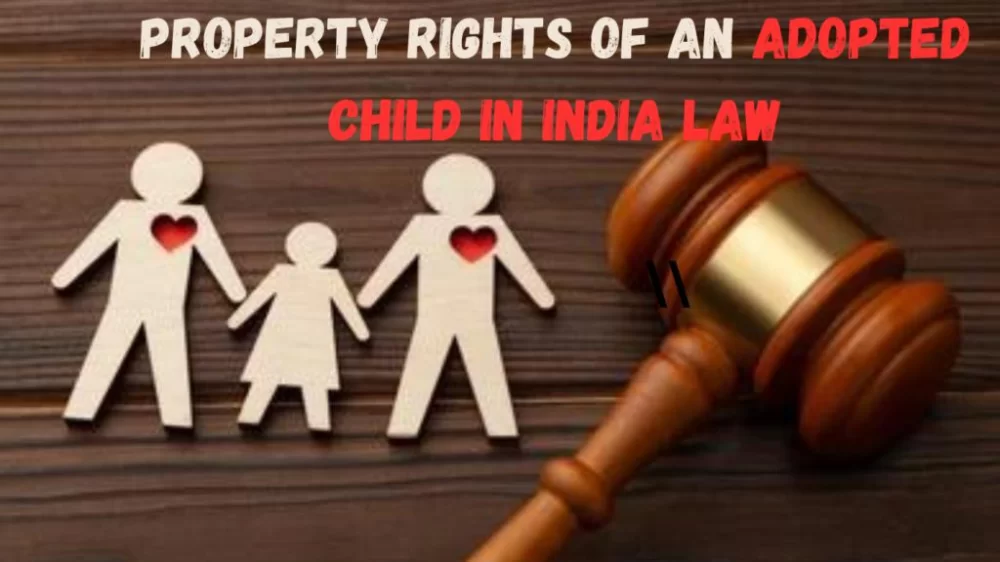- How Adoption Impacts Biological Parents’ Rights
- Legal Framework and Parental Rights in Adoption
- Real-Life Examples of Adoption Effects on Biological Parents
- Practical Advice for Biological Parents Facing Adoption
- Where to Seek Professional Help and Resources
1. How Adoption Impacts Biological Parents’ Rights
Adoption is a profound legal process that permanently changes the relationship between a child and their biological parents. When an adoption is finalized, the biological parents typically lose their parental rights, which means they no longer have legal custody, decision-making authority, or visitation rights regarding the child. This shift can be emotionally challenging and legally complex, raising many questions about how exactly adoption affects biological parents’ rights.
Biological parents’ rights are protected under law until those rights are legally terminated. Adoption usually results in the full transfer of parental rights to the adoptive parents, meaning the biological parents’ rights are permanently ended unless a court orders otherwise. It is important to note that the specifics can vary depending on jurisdiction, but the overriding principle is the legal severance of the biological parents’ responsibilities and privileges.
Understanding this transition requires not only knowledge of legal statutes but also an appreciation of the emotional and practical consequences for biological parents. They might struggle with feelings of loss or confusion about their new role post-adoption, which is why comprehensive information and legal guidance are crucial.
1.1 The Permanency of Termination
Once parental rights are terminated through adoption, reversing the process is exceptionally difficult. The courts prioritize the best interests of the child, often assuming stability and permanence in adoptive placements. This legal finality means biological parents must be fully aware of the implications before consenting to or contesting an adoption.
1.2 Variations Based on Type of Adoption
The impact on biological parents’ rights can differ depending on whether the adoption is open, semi-open, or closed. In open adoptions, there might be some degree of contact or information sharing, but legal rights are still transferred. In closed adoptions, the biological parents’ involvement typically ends completely.
2. Legal Framework and Parental Rights in Adoption
The legal framework governing how adoption affects biological parents’ rights is multifaceted, often involving state laws, court rulings, and case-specific circumstances. Courts examine several factors, including consent, abandonment, fitness of the biological parents, and the welfare of the child.
Biological parents must either voluntarily relinquish their rights or have their rights terminated by the court, usually after a determination that they are unfit or have abandoned the child. This process protects both the child’s welfare and the legal rights of all parties involved.
2.1 Consent and Its Importance
Consent is a cornerstone of adoption law. Without valid consent from biological parents—except in extreme cases—the adoption cannot proceed legally. Consent must be informed and voluntary, and in many jurisdictions, there is a waiting period allowing biological parents to reconsider.
2.2 Termination Without Consent
In certain circumstances, courts may terminate parental rights without consent, such as when biological parents are found neglectful or abusive. This legal action permanently severs the biological parents’ rights and clears the path for adoption to protect the child’s best interests.
2.3 Post-Adoption Legal Rights
After adoption, biological parents usually have no enforceable parental rights, but in rare cases, especially in open adoptions, there may be negotiated agreements regarding communication or visitation. However, these agreements are not always legally binding.
3. Real-Life Examples of Adoption Effects on Biological Parents
To better grasp the real-world impact, consider the story of Sarah, a young mother who voluntarily placed her child for adoption due to financial hardship. Despite the pain of losing legal rights, she chose an open adoption, allowing her to receive updates and occasional visits. For Sarah, understanding how adoption affects biological parents’ rights helped her make an informed choice that balanced her situation with her child's needs.
Contrast this with the case of James, whose parental rights were terminated involuntarily after years of absence and legal battles. James’ story highlights the harsh reality that adoption can erase parental rights when the court prioritizes the child’s stability and safety above biological ties.
These cases show how adoption can mean very different experiences for biological parents depending on the circumstances, emphasizing the importance of legal clarity and emotional support throughout the process.
4. Practical Advice for Biological Parents Facing Adoption
If you are a biological parent facing the possibility of adoption, it is vital to fully understand your rights and the long-term effects of adoption. Here are several key points to consider:
4.1 Seek Legal Counsel Early
Consulting with an experienced family law attorney can clarify your rights and options. Understanding the legal process can help prevent unintended loss of rights and ensure that any decisions are made with full knowledge of the consequences.
4.2 Consider the Type of Adoption
Explore whether an open, semi-open, or closed adoption might suit your situation. Open adoptions may allow some contact or information exchange, providing ongoing connection even after parental rights end.
4.3 Emotional Preparedness
Recognize the emotional impact adoption has on biological parents. Seeking counseling or support groups can help navigate grief and adjustment, making the transition healthier for everyone involved.
5. Where to Seek Professional Help and Resources
Understanding how adoption affects biological parents’ rights is complex, and professional guidance can make a critical difference. Services like Fred Miller Lawyer specialize in adoption law and can offer personalized advice tailored to your specific situation. Whether you need help navigating consent procedures, contesting an adoption, or exploring post-adoption rights, expert legal support is invaluable.
Beyond legal services, many organizations provide emotional support and educational resources for biological parents. Knowing where to turn for help ensures you are not alone in this journey and can make well-informed decisions for your family’s future.


 150 n radnor chester road
150 n radnor chester road kasmer law office
kasmer law office shemtob law
shemtob law blake harris law reviews
blake harris law reviews sari law firm
sari law firm laub & laub attorneys
laub & laub attorneys